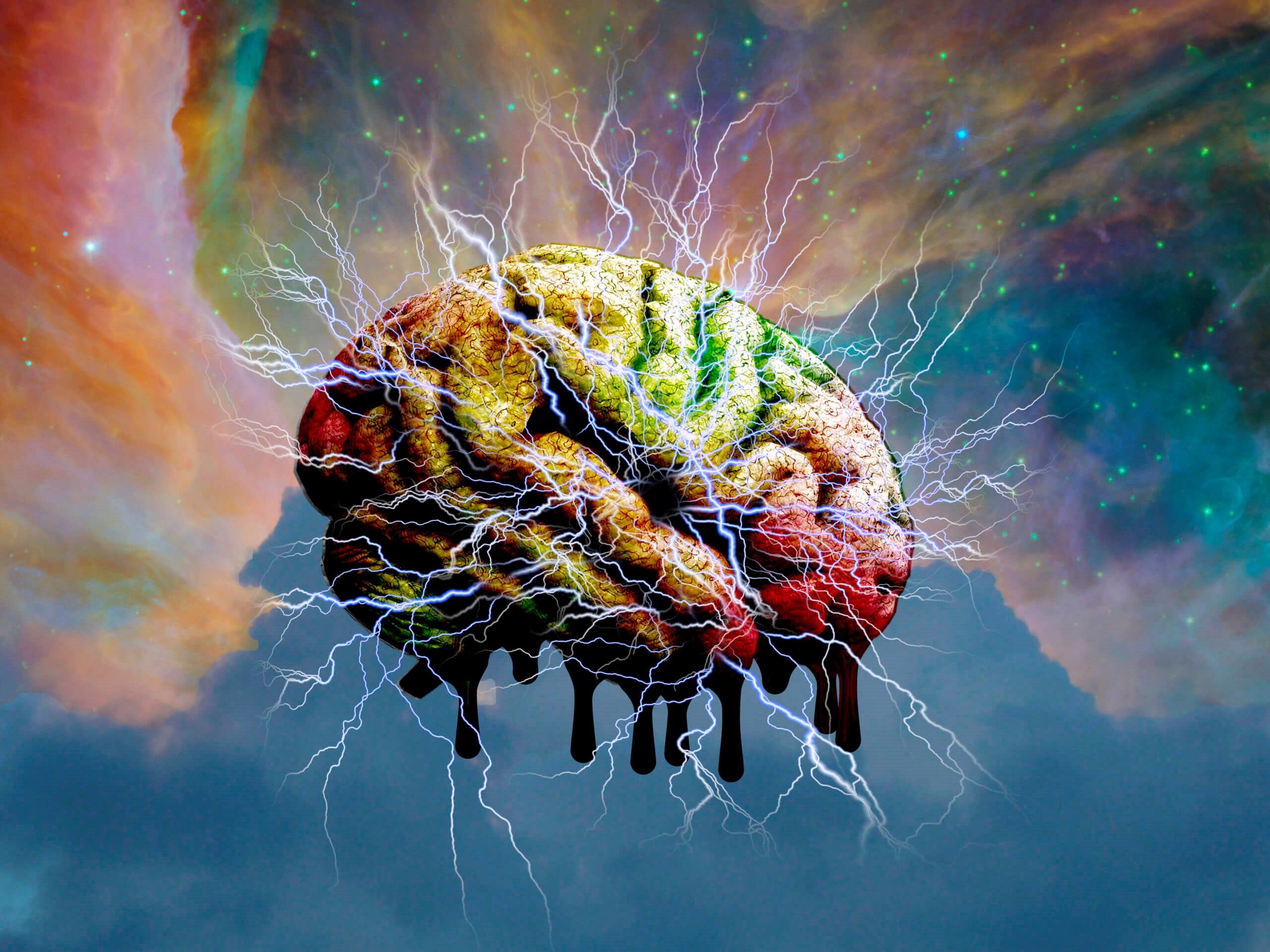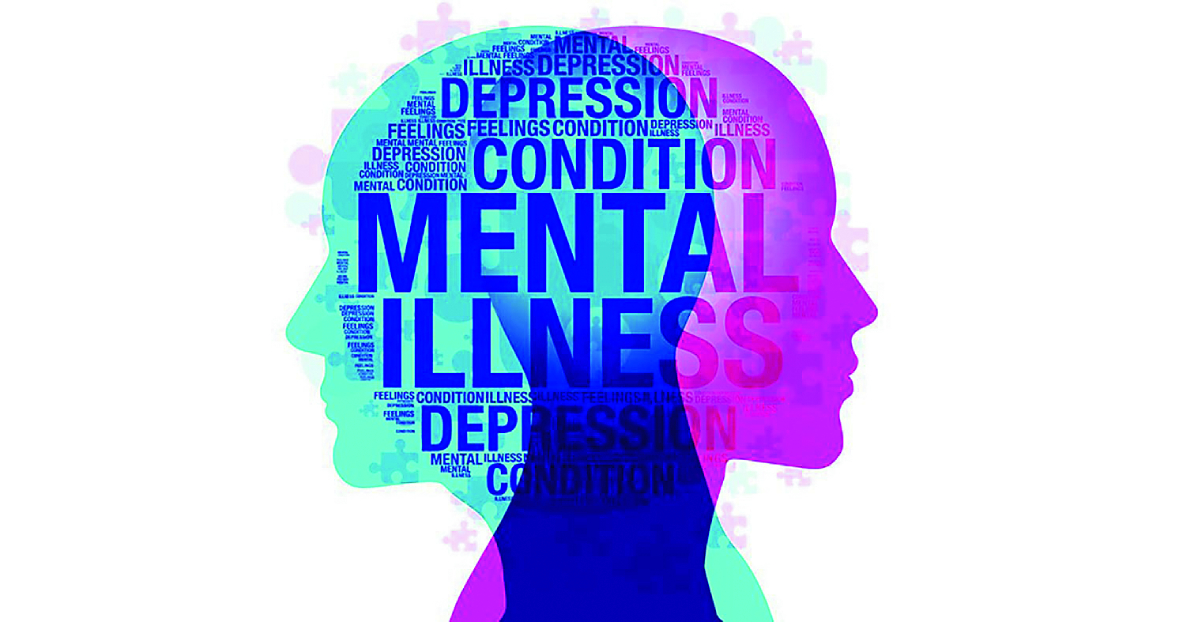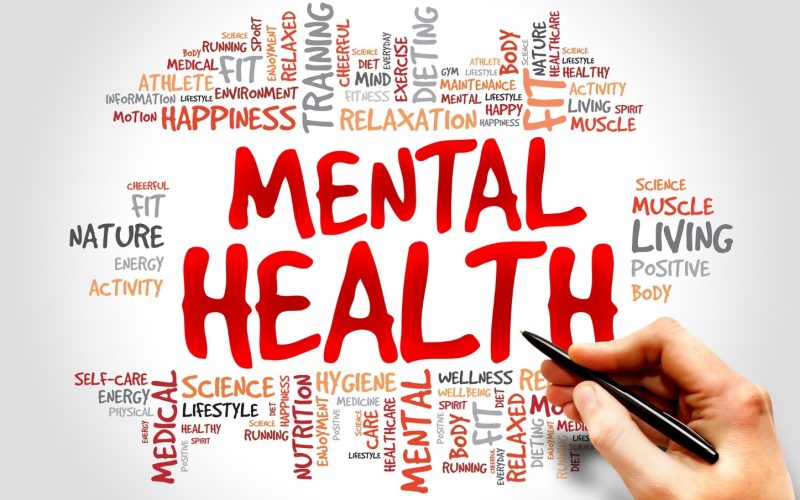Mental health has always been a critical aspect of overall well-being, but in recent years, the importance of mental health awareness has surged to the forefront of public consciousness. As we step into 2024, the conversation surrounding mental health continues to evolve, incorporating innovative approaches and treatments that hold promise for millions worldwide. This article delves into the latest trends, technologies, and methodologies that are shaping the landscape of mental health in 2024.
The State of Mental Health in 2024
Mental health issues remain a significant concern globally, affecting individuals of all ages, genders, and backgrounds. According to the World Health Organization (WHO), depression and anxiety disorders are among the leading causes of disability worldwide. The COVID-19 pandemic has further exacerbated these issues, highlighting the urgent need for effective mental health interventions.
In 2024, mental health awareness is more critical than ever. Governments, healthcare providers, and communities are increasingly recognizing the importance of mental health and are taking steps to address the stigma and barriers associated with mental health care. This shift in perspective is paving the way for new approaches and treatments that are more accessible, effective, and inclusive.

Innovative Approaches to Mental Health Care
1. Digital Mental Health Solutions
One of the most significant advancements in mental health care in 2024 is the rise of digital mental health solutions. Teletherapy, mobile apps, and online support groups have become essential tools for individuals seeking mental health support. These digital platforms offer several advantages, including increased accessibility, convenience, and anonymity.
Teletherapy, in particular, has seen a substantial increase in adoption. Licensed therapists can now provide counseling and therapy sessions through video calls, making it easier for individuals to access professional help from the comfort of their homes. Mobile apps like Headspace, Calm, and Moodfit offer guided meditation, mood tracking, and cognitive-behavioral therapy (CBT) exercises, empowering users to take control of their mental health.
2. Artificial Intelligence and Machine Learning
Artificial intelligence (AI) and machine learning (ML) are revolutionizing mental health care by providing personalized treatment plans and early detection of mental health issues. AI-powered chatbots, such as Woebot and Wysa, offer real-time emotional support and CBT techniques. These chatbots can engage in natural language conversations, providing users with coping strategies and resources.
Machine learning algorithms are also being used to analyze large datasets to identify patterns and predict mental health crises. For example, AI can analyze social media posts, wearable device data, and electronic health records to detect early signs of depression or anxiety. This proactive approach allows for timely interventions and reduces the risk of severe mental health episodes.
3. Virtual Reality Therapy
Virtual reality (VR) therapy is emerging as a promising treatment for various mental health conditions, including post-traumatic stress disorder (PTSD), phobias, and anxiety disorders. VR therapy involves immersive simulations that allow individuals to confront and process traumatic experiences in a controlled environment. This exposure therapy can be highly effective in reducing symptoms and improving overall mental health.
In 2024, VR therapy is becoming more accessible and affordable, thanks to advancements in VR technology and increased investment in mental health research. Therapists are incorporating VR into their practice to provide patients with innovative and engaging treatment options.

New Treatments and Therapies
1. Psychedelic-Assisted Therapy
Psychedelic-assisted therapy is gaining traction as a groundbreaking treatment for mental health disorders. Substances like psilocybin (found in magic mushrooms), MDMA, and ketamine are being studied for their potential to treat conditions such as depression, PTSD, and addiction. These substances, when used in a controlled therapeutic setting, can induce profound psychological experiences that facilitate healing and personal growth.
In 2024, several clinical trials and research studies are underway to explore the efficacy and safety of psychedelic-assisted therapy. Early results are promising, indicating that these treatments can lead to significant and lasting improvements in mental health. Regulatory bodies are beginning to recognize the potential of psychedelics, leading to increased funding and support for further research.
2. Genetic and Biomarker Research
Advancements in genetic and biomarker research are opening new avenues for personalized mental health treatment. Scientists are identifying specific genes and biomarkers associated with mental health conditions, allowing for more precise diagnoses and targeted interventions. For example, genetic testing can help determine an individual’s susceptibility to certain mental health disorders and guide treatment decisions.
Biomarkers, such as blood tests and brain imaging, can provide valuable insights into an individual’s mental health status. These objective measures can complement traditional diagnostic methods, leading to more accurate assessments and tailored treatment plans.
3. Nutritional Psychiatry
Nutritional psychiatry is an emerging field that explores the connection between diet and mental health. Research has shown that certain nutrients, such as omega-3 fatty acids, B vitamins, and probiotics, can have a significant impact on brain function and mood regulation. In 2024, mental health professionals are increasingly incorporating dietary interventions into their treatment plans.
Nutritional psychiatry emphasizes the importance of a balanced diet rich in whole foods, fruits, vegetables, and lean proteins. By addressing nutritional deficiencies and promoting a healthy gut microbiome, individuals can experience improvements in their mental well-being.
Community and Policy Initiatives
1. Workplace Mental Health Programs
Employers are recognizing the importance of mental health in the workplace and are implementing programs to support their employees’ well-being. In 2024, workplace mental health programs are becoming more comprehensive, offering resources such as counseling services, stress management workshops, and mental health days.
These initiatives not only benefit employees but also contribute to increased productivity, reduced absenteeism, and a positive work environment. By prioritizing mental health, organizations can create a culture of support and resilience.
2. Mental Health Education and Awareness Campaigns
Education and awareness are crucial components of mental health advocacy. In 2024, schools, universities, and community organizations are launching campaigns to educate individuals about mental health and reduce stigma. These initiatives aim to foster a better understanding of mental health issues, promote early intervention, and encourage help-seeking behavior.
Mental health education programs are being integrated into school curricula, teaching students about emotional regulation, stress management, and healthy coping mechanisms. By equipping young people with the knowledge and skills to manage their mental health, we can build a more resilient and supportive society.
3. Policy and Legislative Changes
Governments and policymakers are taking steps to improve mental health care systems and ensure that individuals have access to the support they need. In 2024, several countries are implementing policy changes to increase funding for mental health services, expand access to care, and protect the rights of individuals with mental health conditions.
Legislative efforts are also focused on addressing social determinants of mental health, such as poverty, housing, and education. By addressing these underlying factors, policymakers can create a more equitable and supportive environment for mental health.
Conclusion
As we navigate the complexities of mental health in 2024, it is clear that innovative approaches and treatments are transforming the landscape of mental health care. Digital solutions, AI and machine learning, VR therapy, psychedelic-assisted therapy, genetic research, and nutritional psychiatry are just a few of the advancements that hold promise for improving mental well-being.
Community and policy initiatives are also playing a crucial role in raising awareness, reducing stigma, and ensuring that individuals have access to the support they need. By embracing these new approaches and treatments, we can create a future where mental health is prioritized, and individuals can thrive in all aspects of their lives.
Mental health awareness in 2024 is not just about addressing the challenges we face today; it is about building a foundation for a healthier, more resilient, and compassionate world.












